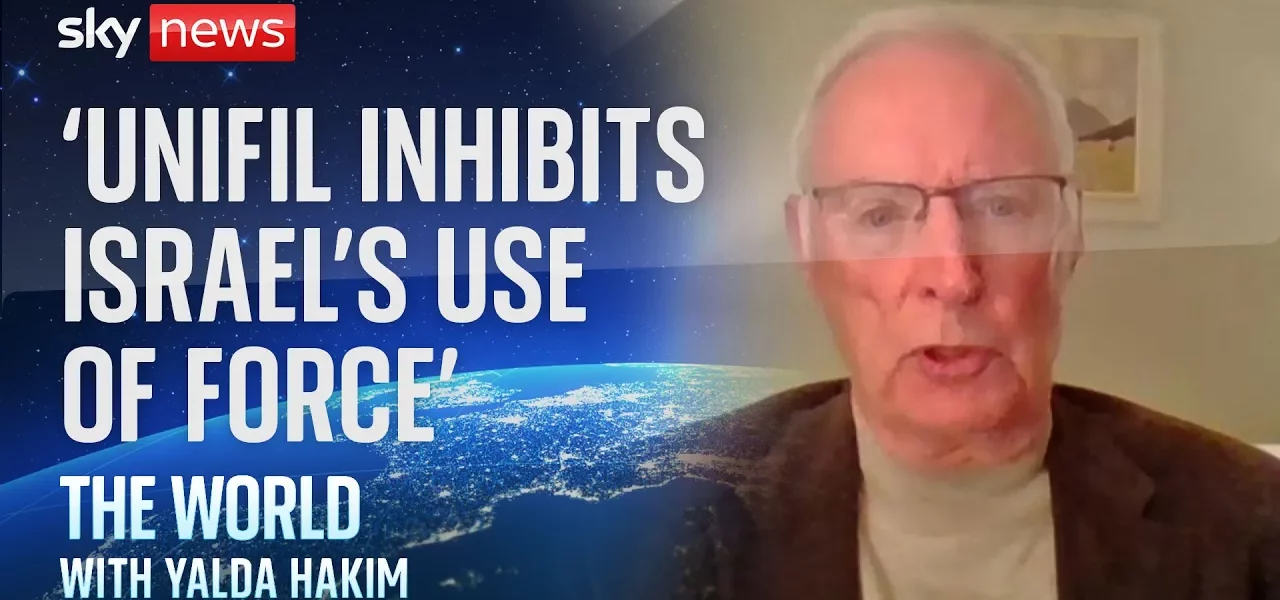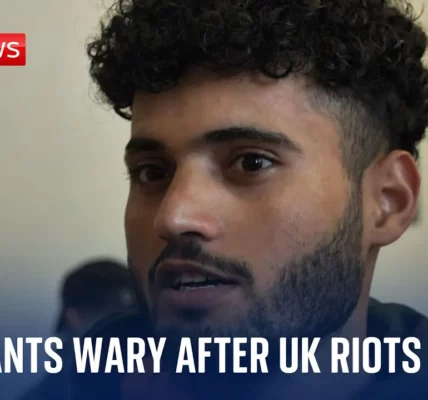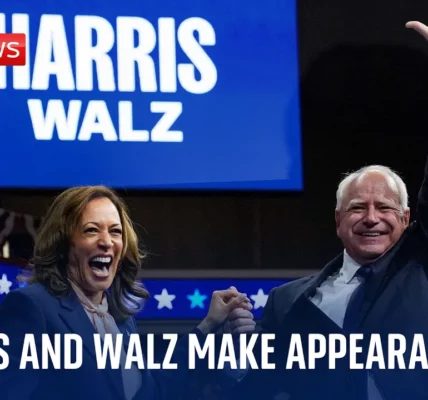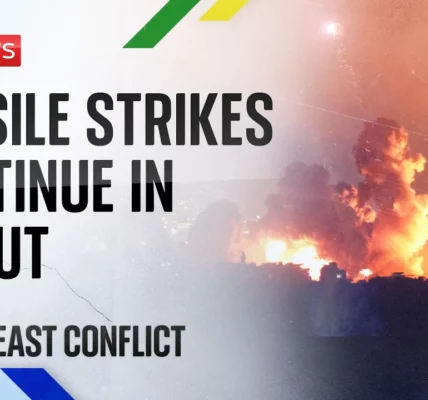Analyzing UNIFIL’s Role in the Israel-Hezbollah Conflict

This article delves into the crucial role of the United Nations Interim Force in Lebanon (UNIFIL) amidst the ongoing tensions between Israel and Hezbollah. The insights from former UNIFIL officer John Duran shed light on the significance of peacekeeping forces in volatile regions and the implications of military doctrines on civilian populations.
Introduction
The situation in the Middle East, particularly the ongoing conflict between Israel and Hezbollah, has raised significant concerns regarding the efficacy of peacekeeping forces like UNIFIL. As tensions escalate, the presence of these forces has been debated extensively, especially in light of military doctrines that prioritize overwhelming force. This article examines the perspectives shared by John Duran, a former deputy chief liaison officer at UNIFIL, highlighting the strategic importance of maintaining peacekeeping operations in such turbulent environments.
The Importance of UNIFIL in Conflict Zones
UNIFIL has been deployed in Lebanon since 1978, primarily to ensure peace and security in the region. The presence of UNIFIL is essential for several reasons:
- Mitigation of hostilities: UNIFIL acts as a buffer between conflicting parties, reducing the likelihood of escalated military actions.
- Protection of civilians: Peacekeeping forces can provide safety and security for vulnerable populations caught in conflict.
- Monitoring ceasefires: UNIFIL assists in observing and reporting any violations of ceasefires, contributing to longer-term peace efforts.
The Israeli Doctrine and Its Implications
John Duran pointed out the Israeli military doctrine known as the “Dya Doctrine,” which emphasizes the use of overwhelming force against perceived threats. This doctrine, developed by General Eisenkot, aims to inflict significant damage on civilian areas to discourage support for militant groups like Hezbollah. Key aspects include:
- Disproportionate Power: The strategy involves utilizing overwhelming military force to compel adversaries to seek peace by inflicting damage on civilian infrastructure.
- Targeting Civilian Areas: The approach is predicated on the idea that harming civilian populations will lead them to turn against militants.
- Authorization of Actions: The doctrine has been officially sanctioned, raising ethical questions about its implementation and consequences.
UNIFIL’s Challenges and Limitations
Despite its critical role, UNIFIL faces numerous challenges in executing its mandate effectively:
Operational Limitations
UNIFIL operates under strict mandates that may limit its ability to respond decisively in conflict situations. These limitations include:
- Restrictions on engagement rules during escalated hostilities.
- Dependence on the cooperation of local authorities and conflicting parties.
Allegations of Human Shield Usage
Both sides in the conflict have made allegations regarding the use of UNIFIL positions for military purposes. These claims complicate the narrative and challenge the legitimacy of peacekeeping efforts:
- Israel accuses Hezbollah of using UNIFIL facilities as shields.
- Hezbollah claims that Israeli forces have encroached upon UNIFIL positions.
Potential Actions by UNIFIL
In times of conflict, UNIFIL can still play a vital role, even amidst intense fighting:
Rescue Operations
UNIFIL has the capacity to conduct rescue missions during lulls in fighting, providing assistance to civilians trapped in conflict zones:
- Utilizing Armored Vehicles: UNIFIL’s armored vehicles can be deployed to extract vulnerable populations.
- Targeting Isolated Individuals: The focus often falls on elderly individuals, women, and children who may be unable to evacuate.
Facilitating Humanitarian Aid
Another crucial role is the facilitation of humanitarian aid, ensuring that essential supplies reach those in need:
- Coordination with NGOs to deliver food, medical supplies, and shelter.
- Monitoring the distribution of aid to prevent misuse and ensure it reaches the intended recipients.
Conclusion
In summary, the role of UNIFIL in the Israel-Hezbollah conflict is multifaceted, characterized by both challenges and opportunities. The insights provided by John Duran illuminate the complexities of operating in a conflict zone where military doctrines can significantly impact civilian lives. As tensions continue to rise, the necessity for a robust peacekeeping presence remains paramount. It is crucial for the international community to support UNIFIL in its mission to uphold peace and protect vulnerable populations. For further reading on peacekeeping efforts and military doctrines, explore our related articles on conflict resolution and international diplomacy.
“`




